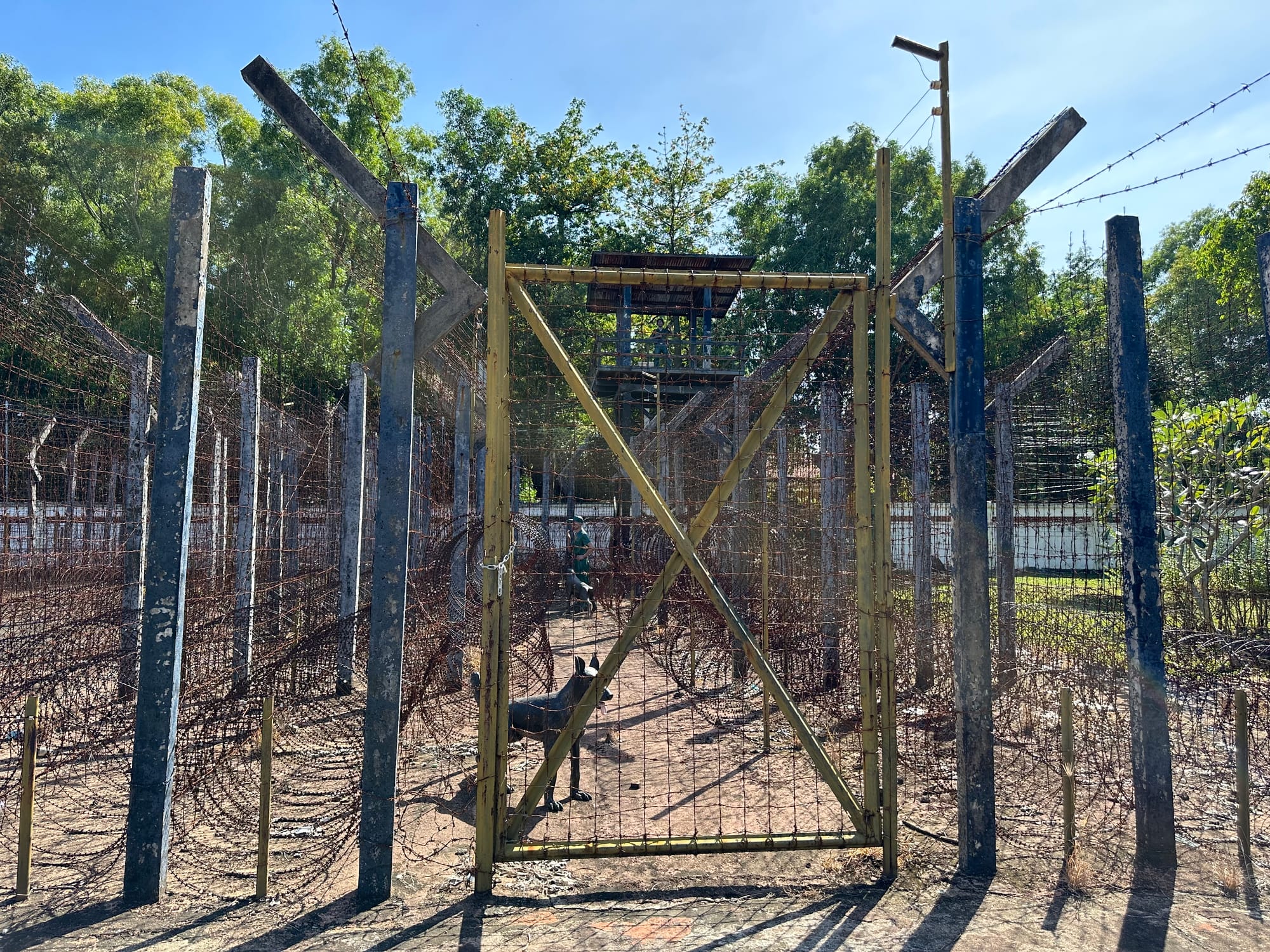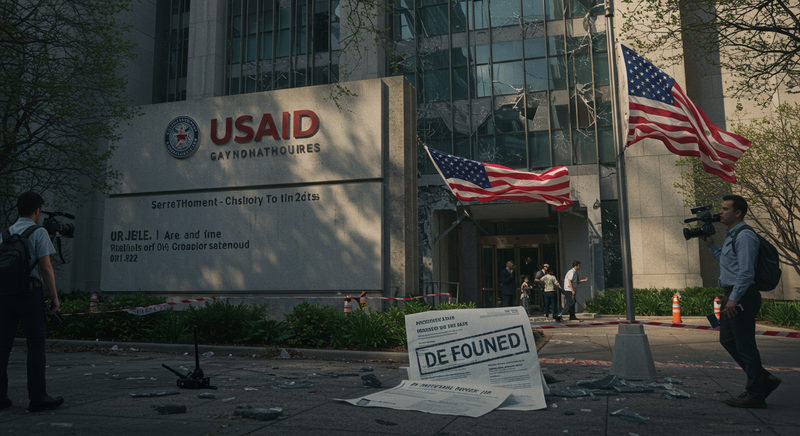The Haunting Echoes of Phu Quoc Prison: A Reflection on War and Humanity
In the annals of Vietnam's turbulent history, Phu Quoc Prison stands as a stark reminder of the brutalities of war and the indomitable spirit of the human will. Today, transformed into the Phu Quoc Prison History Museum, it serves not only as a testament to the past but

In the annals of Vietnam's turbulent history, Phu Quoc Prison stands as a stark reminder of the brutalities of war and the indomitable spirit of the human will. Today, transformed into the Phu Quoc Prison History Museum, it serves not only as a testament to the past but also as a solemn educator for the future.
The prison, originally built by French colonists, was used extensively during the Vietnam War. It was a place where the horrors of conflict were manifested in their most visceral form. Thousands of prisoners, mainly Viet Cong soldiers and sympathizers, were subjected to inhumane conditions and brutal interrogation methods. The walls of Phu Quoc, if they could speak, would tell tales of suffering, resilience, and the stark reality of human cruelty.
Visiting the museum today, one is immediately enveloped by the heavy air of history. The reconstructed tiger cages, small and cramped, are a chilling representation of the punishment and torture endured by the inmates. These cages, barely large enough to lie down in, were not just physical restraints but tools of psychological torment. The sight of mannequins depicting prisoners in these conditions evokes a deep sense of empathy and horror.
The stories of Phu Quoc are not just about the physical pain inflicted but also about the psychological warfare waged on both sides. The prisoners, despite being subjected to unimaginable torture, held onto their beliefs and ideologies with a fervor that is both admirable and heartbreaking. Their resilience in the face of such adversity speaks volumes about the human spirit's capacity for endurance.
Walking through the museum, one is also reminded of the impact of war on individuals. Each artifact, photograph, and display tells a personal story, a fragment of a life forever altered by the conflict. These narratives are not just Vietnamese; they represent every individual who has ever been caught in the crossfire of war, regardless of nationality or ideology.
Phu Quoc Prison, in its current form as a museum, is a place of reflection and education. It stands as a stark reminder of the atrocities that can arise from conflict and the importance of striving for peace. It also underscores the resilience of the human spirit in the face of unimaginable adversity.
The echoes of Phu Quoc's past resonate beyond its walls, reminding us of the need for compassion, understanding, and the relentless pursuit of a world where such horrors are consigned to history. The lessons learned here are not just about the past; they are guideposts for the future, urging us to remember and learn from the painful chapters of our collective history.
In conclusion, Phu Quoc Prison History Museum is more than just a repository of artifacts; it is a place that compels introspection and invokes a deep understanding of the complexities of human nature. It challenges us to look beyond the black and white narratives of war and recognize the shades of grey that color human experiences. As we walk out of its gates, we carry with us not just the stories of those who suffered within its walls, but also a renewed commitment to ensure that such chapters are not repeated in our world's history.




